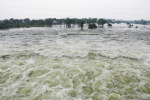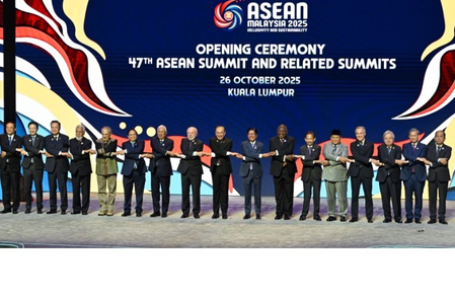
New Delhi: At a time when there are formidable challenges for multilateralism, the UN Environment Assembly (UNEA-7) is meeting next month to address the multiple threat to the natural world and to forge a more sustainable future.
UNEA is the world’s top decision-making body on the environment, having representation of 193 Member States of the United Nations. These representatives will converge on Nairobi, Kenya for the seventh session of the Assembly.
The environment body has to take several important decisions and carve out strategies to tackle issues ranging from wildfires to addressing the environmental impact of artificial intelligence. This year it focuses on sustainability and resilience.
Reaching consensus on crucial issues will be a Himalayan for the Assembly at a time when geopolitical and economic tensions are rising and destroying or weakening multilateral platforms.
However, Director of the Governance Affairs Office at the UN Environment Programme (UNEP) Radhika Ochalik says that “It’s true that these are challenging times for multilateralism. But countries have long shown they can put aside their differences and do what’s best for people and the planet. In fact, that has been a recurring theme since the first UNEA in 2014. Over the last 11 years – despite conflicts, trade tensions and a global pandemic – the assembly has delivered some huge wins for the environment. I expect more of the same this year.”
On why sustainability and resilience were chosen as the theme for this year, she pointed out that global temperatures were rising a greenhouse emissions had reached record high, and land degradation, deforestation and pollution were threatening the very survival of millions of species, so the attention had to be on these themes.
Already a lot of member nations have submitted draft resolutions relating to the control of artificial intelligence, strong international response to address crimes that affect the environment, and also ones that call for putting in place international instruments that could ensure the environmentally sound management of minerals and metals.
“The resolutions represent how the countries of the world feel about the most pressing environmental problems and, importantly, how we must tackle them. They help countries forge consensus and build momentum for potentially game-changing agreements. A prime example came from UNEA 5.2 in 2022, when nations agreed to launch formal negotiations on a treaty to end plastic pollution,” UNEP website quoted Ochalik as saying.
–India News Stream



















